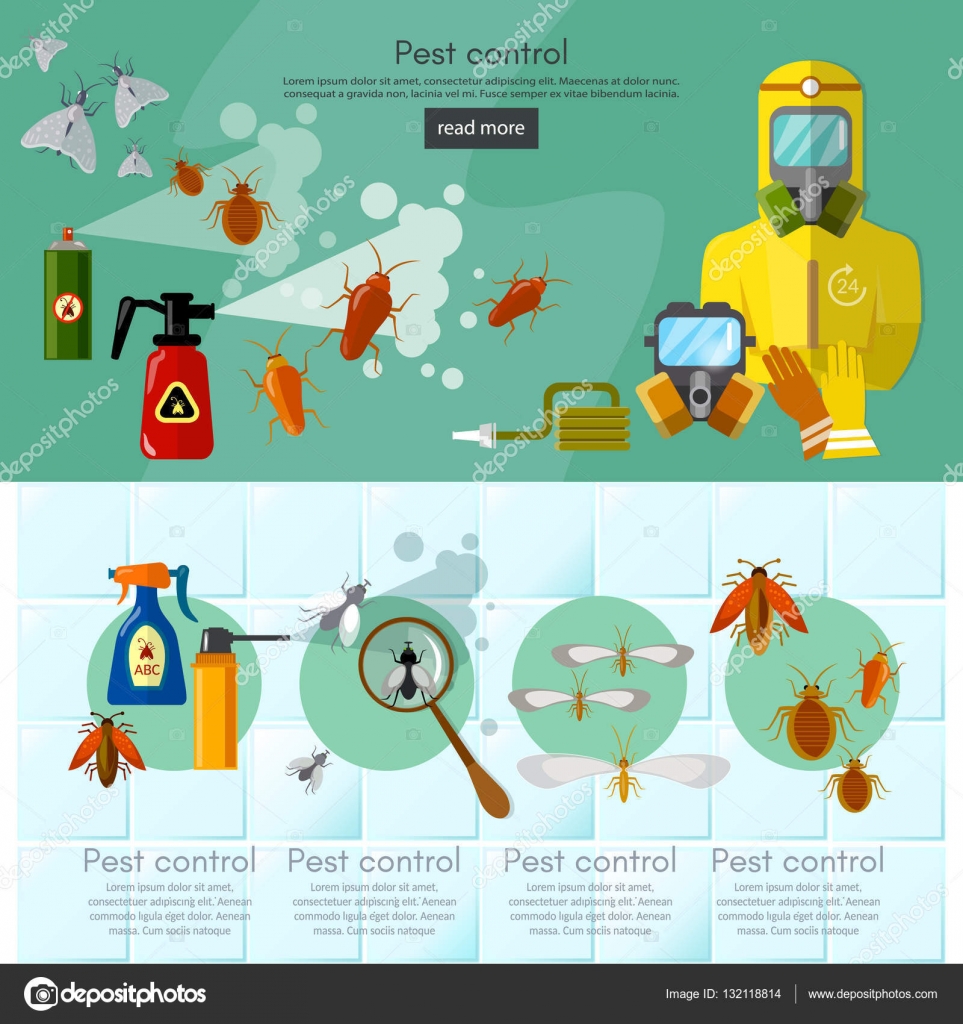Tips For Homeowners: Just How To Maintain Rodents Out Of Your Attic
Tips For Homeowners: Just How To Maintain Rodents Out Of Your Attic
Blog Article
Content By-McNeill Hutchinson
Picture your attic room as a comfortable Airbnb for rats, with insulation as cosy as hotel pillows and electrical wiring more luring than room solution. Now, visualize these unwanted visitors throwing a wild party in your home while you're away. As a property owner, guaranteeing your attic is rodent-proof is not practically assurance; it has to do with protecting your home and liked ones. So, what easy actions can you require to protect your haven from these furry burglars?
Inspect for Entrance Information
To start rodent-proofing your attic room, inspect for access factors. Beginning by carefully analyzing the exterior of your home, seeking any openings that rodents might utilize to get to your attic. Look for spaces around utility lines, vents, and pipes, as well as any type of splits or openings in the foundation or siding. See to it to pay attention to areas where various building products fulfill, as these prevail entry factors for rodents.
Additionally, evaluate the roof for any damaged or missing out on roof shingles, in addition to any kind of voids around the edges where rats might press with. Inside the attic, search for indications of existing rodent task such as droppings, ate cords, or nesting materials. Use a flashlight to extensively check dark corners and covert rooms.
Seal Cracks and Gaps
Check your attic room extensively for any type of cracks and voids that need to be secured to stop rats from entering. Rats can squeeze through even the tiniest openings, so it's important to seal any possible entrance points. Examine around pipelines, vents, cables, and where the wall surfaces satisfy the roofing system. Use a mix of steel wool and caulking to seal these openings successfully. Steel wool is an exceptional deterrent as rats can not chew through it. Guarantee that all spaces are securely sealed to deny accessibility to unwanted parasites.
Do not overlook the importance of sealing spaces around windows and doors also. home defense pest control removing or door moves to seal these locations effectively. Inspect the locations where utility lines go into the attic and seal them off making use of a suitable sealant. By making the effort to secure all fractures and voids in your attic, you create a barrier that rats will discover difficult to violation. Avoidance is key in rodent-proofing your attic, so be thorough in your efforts to seal any type of potential entrance factors.
Remove Food Sources
Take positive measures to get rid of or save all potential food sources in your attic to prevent rodents from infesting the room. Rodents are brought in to food, so eliminating their food sources is vital in keeping them out of your attic.
Right here's what you can do:
1. ** Shop food securely **: Avoid leaving any food things in the attic room. Shop all food in closed containers made from steel or sturdy plastic to prevent rats from accessing them.
2. ** Tidy up particles **: Get rid of any kind of heaps of debris, such as old papers, cardboard boxes, or wood scraps, that rats might make use of as nesting material or food sources. Keep the attic clutter-free to make it less enticing to rats.
3. ** Dispose of rubbish appropriately **: If you utilize your attic room for storage space and have waste or waste up there, make sure to take care of it routinely and correctly. Decaying trash bin bring in rodents, so maintain the attic clean and devoid of any type of organic waste.
Conclusion
In conclusion, keep in mind that an ounce of avoidance deserves a pound of remedy when it concerns rodent-proofing your attic room.
By taking the time to examine for entrance factors, seal fractures and voids, and eliminate food sources, you can maintain unwanted pests at bay.
Remember, ' https://www.kgun9.com/news/local-news/wildlife-officials-concerned-over-unnecessary-rescues of avoidance is worth an extra pound of remedy' - Benjamin Franklin.
Keep proactive and protect your home from rodent invasions.
